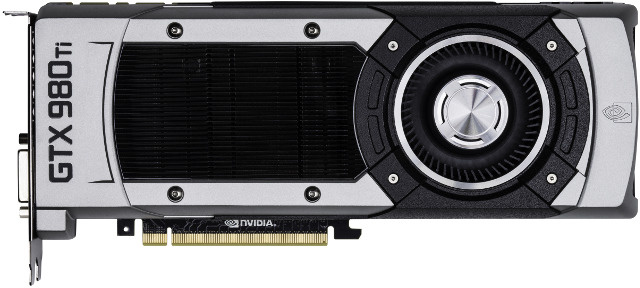Our game of the year awards will be coming up next week. While we'll be covering a whole lot of games, hardware won't be featured this time around. That said, I can't let Nvidia's latest beast go without recognition, so I want to take a moment to talk about the GeForce GTX 980 Ti.
When Nvidia launched its 900…











